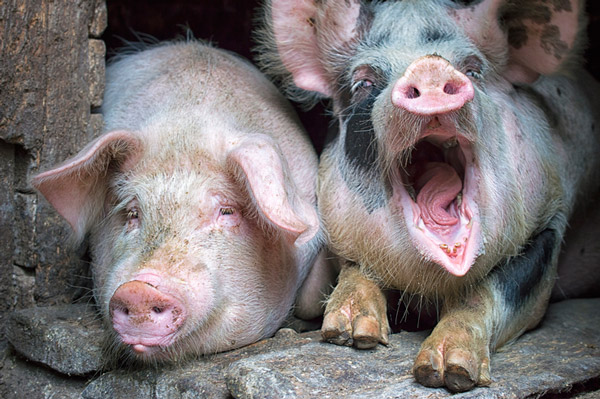627 thousand dollars were granted in the USA for the study of the reproductive and respiratory syndrome of pigs

Two University of Nebraska–Lincoln scientists have received a $627,000 federal grant to study the swine reproductive and respiratory syndrome virus (RRSS). The researchers expect to obtain data for the breeding of pigs resistant to RRS, as well as for the development of a new vaccine against this disease, according to the official website of the university.

The costs to the U.S. swine sector from PRRSV annually total an estimated $1.1 billion. The project will examine how PRRSV infects swine macrophages, the immune cells that recognize, engulf and destroy harmful aggressors including viruses and bacteria. The specificity of the RRSS virus is that it is not destroyed by macrophages but penetrates them and destroys them.
As a result, the protective functions of the pig's body are significantly weakened, making it extremely vulnerable to other bacterial or viral infections.
PRRSV is picky, infecting only a few specific cell types, including swine macrophages and the monkey cell line MARC-145. Hiep Vu, one of the researchers discovered a variant of the PRRSV virus that had almost lost the ability to infect pig macrophages but was still able to effectively infect MARC-145 cells.
Using this knowledge, scientists hope to find differences between different variants of the RRSS virus and apply the data obtained to develop a new vaccine. In addition, in their opinion, it will give new ideas for breeding pigs resistant to RRSS, either by natural selection or by editing the genome, the publication says.
SOURCE: EMEAT